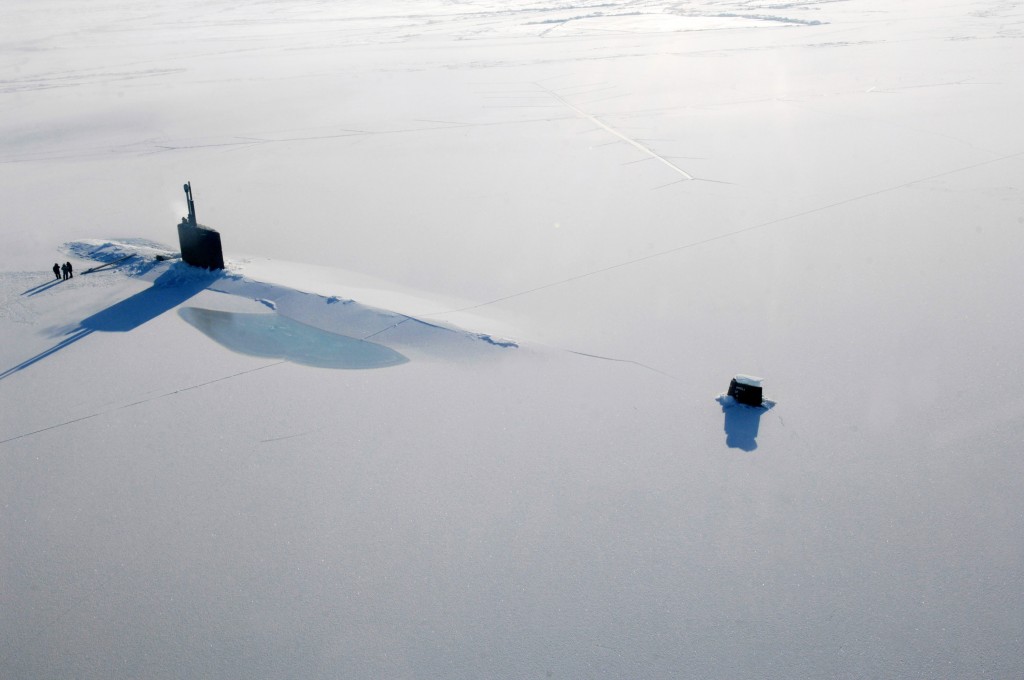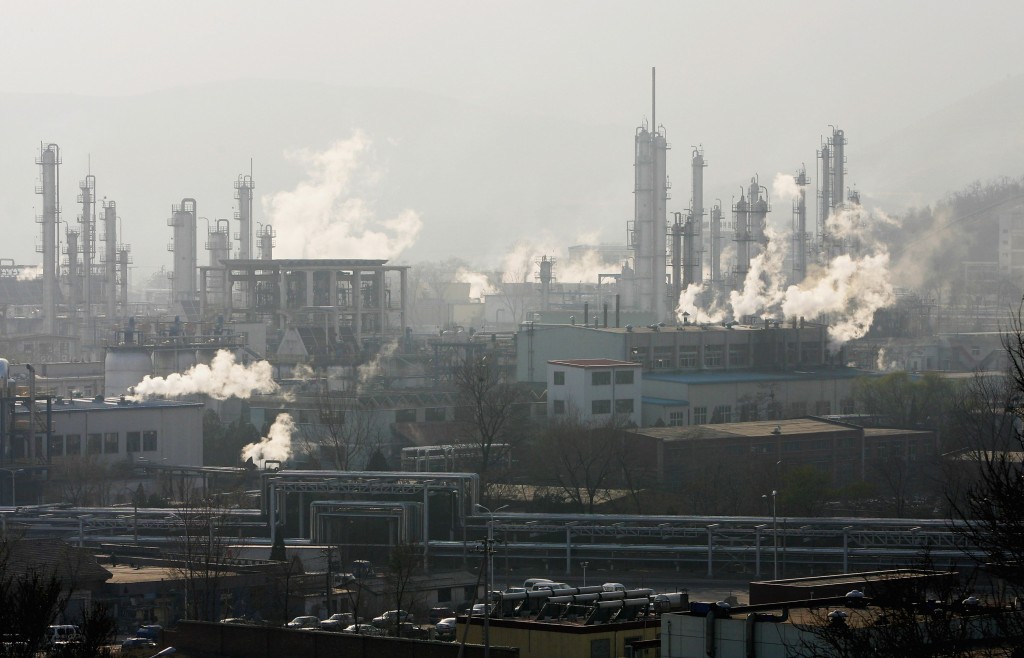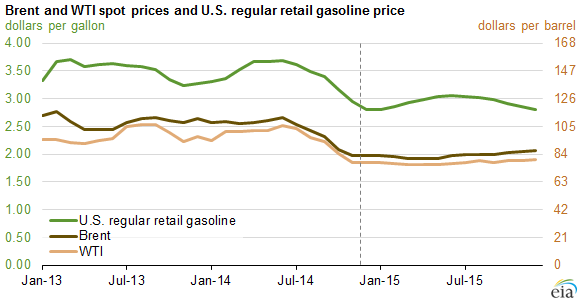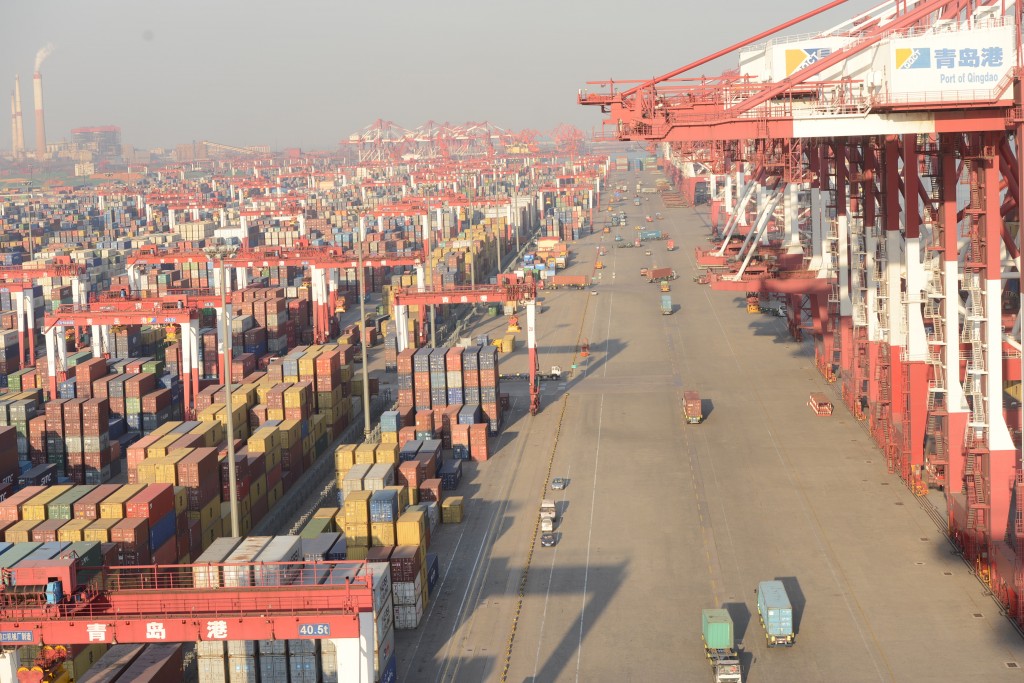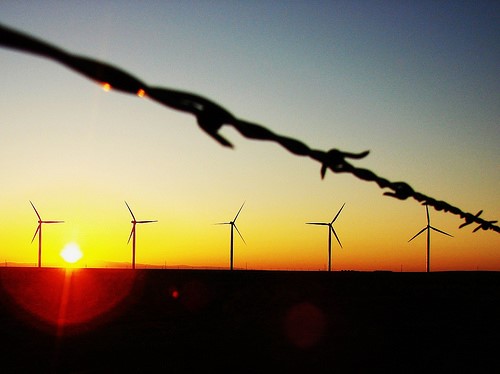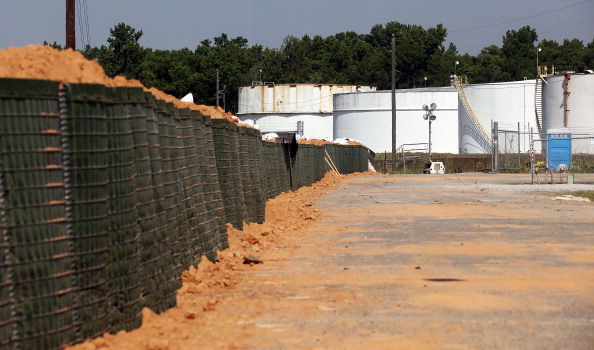News that the Interior Department has reaffirmed Shell’s right to drill in the Chukchi Sea off the Alaskan coast is an important step toward to Arctic energy development. While the company still must secure individual drilling permits and overall federal approval of its exploration plan, this week’s action advances the larger objective of safe and… Keep reading →
Refining
Safe, Responsible Arctic Drilling For Our Future
By Energy Tomorrow BlogSign up and get Breaking Energy news in your inbox.
We will never sell or share your information without your consent. See our privacy policy.Understanding China’s domestic oil market is akin to following an opaque and moving target, but a new report by independent price reporting organization Platts highlights the changing dynamics of one area in the Chinese oil market that is most responsive to economic signals: China’s teakettle refiners. Playing Against Monopolies Monopolized by state-owned but publically listed… Keep reading →
Energy Quote of the Day: ‘Lowest Price Heading Into a Thanksgiving Holiday Since 2009’
By Jared AndersonThe oil market is filled with winners and losers. When oil prices decline, refiners generally win as their feedstock is less expensive, but producers lose as they get less money for their product. This highlights the attraction of vertical integration – operating both upstream production and downstream refining – which can insulate companies from oil… Keep reading →
Energy News Roundup: Shipping is Dirty, Saudis Raise Oil Prices and US Refiners Face New Competition
By Jared AndersonThe NRDC released a report that finds Chinese bunker fuel emissions are a serious and often “overlooked” problem. “With ships allowed to burn fuel with much higher sulfur levels than permitted in on-road diesel, one container ship cruising along the coast of China emits as much diesel fuel pollution as 500,000 new Chinese trucks in… Keep reading →
Wind Power Subsidies Stir Controversy in Texas
By Texas Chamber of Commerce Energy AssociationPhoto credit Texas State Comptroller Susan Combs is no fan of the Texas wind energy sector. The state has the largest wind capacity in the U.S., but Combs doesn’t seem to see the benefit of subsidizing wind energy; indeed, her office released a report that details the tax breaks given to wind power and recommends that they… Keep reading →
Trial Judge Concludes The Deepwater Horizon Spill Caused By BP’s Gross Negligence And Willful Misconduct
By Jeanne Grasso, John Kimball, Gregory Linsin, Jonathan Waldron, Alan Weigel | Blank Rome LLPMaritime
New Development
On September 4, 2014 the federal district judge overseeing the multidistrict litigation resulting from the Deepwater Horizon oil spill issued long-awaited rulings as to liability. The court concluded that BP is subject to enhanced civil penalties under the Clean Water Act (“CWA”) because the discharge of oil was the result of the company’s “gross negligence” and “willful misconduct.”
Action Items: In light of this ruling, offshore leaseholders, operators, and contractors will likely be held to an increased standard of care because the severity of the potential harm from a well blowout, explosion, and oil spill is great. Accordingly, leaseholders, operators, and contractors in the offshore industries should review their safety and environmental compliance policies and procedures to ensure they meet or exceed the high standard of care that may be applied to complex, high-risk drilling operations.
Background
Following the Deepwater Horizon oil spill on April 20, 2010, multidistrict litigation was consolidated in the district court in New Orleans, Louisiana. The current trial, which involves two key cases filed against BP and the other entities involved in the drilling of the Macondo well, is being heard by the court without a jury pursuant to the court’s admiralty jurisdiction.
The consolidated trial’s first phase in early 2013 was to determine the liability of BP, Transocean, Halliburton, and other companies, and to assess, for the purposes of penalty calculation, whether the companies acted with gross negligence and willful misconduct with respect to the loss of well control and the resulting explosion, fire, and sinking of the rig.
The trial’s second phase, which occurred during the fall of 2013, addressed the post-incident efforts to control the spill and the quantity of oil that spilled into the Gulf of Mexico. The judge has not yet issued a ruling with respect to the issues presented in the second phase. The third phase, which is scheduled to begin in January 2015, will focus on all other liability issues arising from the oil spill cleanup, including containment issues and the use of dispersants.
Another benefit of America’s energy renaissance is seen in the competitive edge North American refiners are gaining because of lower feedstock costs, resulting from surging domestic crude oil and natural gas production. The latest “This Week in Petroleum” report by the U.S. Energy Information Administration (EIA) says that U.S. and Canadian refiners are in a stronger position relative… Keep reading →
The changing global oil refining picture has seen several mid-range to large companies spin off their downstream operations in recent years, but the trend has yet to travel up the food chain to the world’s largest oil companies, despite pressure from investors to do so. Examples of companies that divested downstream assets include Hess and… Keep reading →
The US Department of Energy is conducting a test sale of crude oil from the Strategic Petroleum Reserve. Five million barrels of sour crude are being offered for April, 2014 delivery from the West Hackberry and Big Hill sites on the US Gulf Coast. The sale is reportedly timed to coincide with US refiners’ annual… Keep reading →
